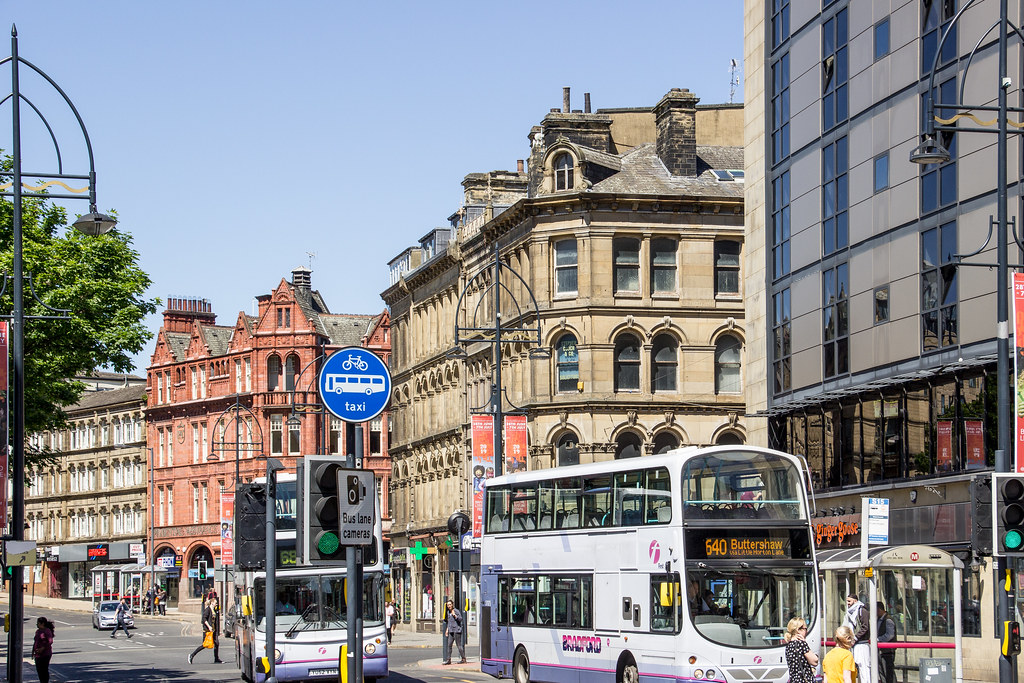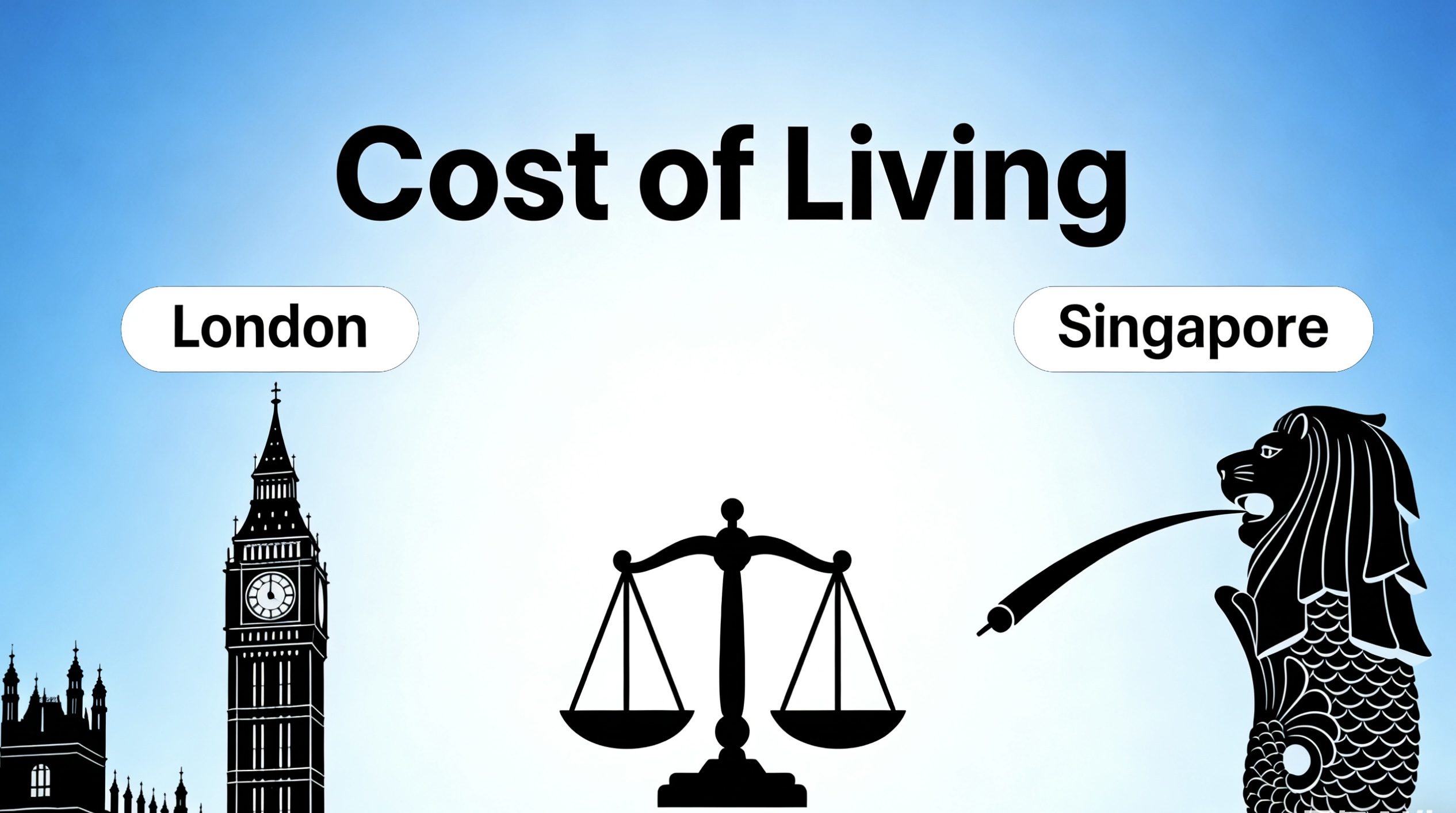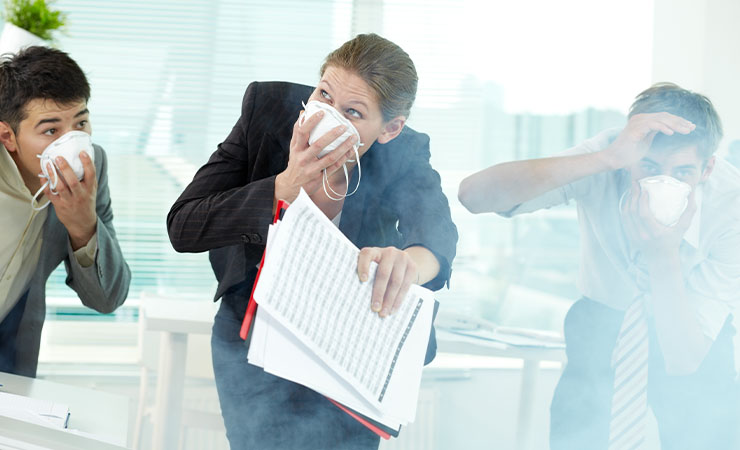When you come to a foreign country alone, some force majeure factors may always exist. What should you do in case of an emergency? What should you do in case of an emergency? How should you report to the police if you see a suspicious parcel, encounter a fire, or even a life-threatening terrorist attack? The UK government website lists some emergency measures and recommends an app called citizenAID.
This APP has a self-rescue guide and video demonstration when danger comes, as well as information on how to provide first aid to the injured, such as how to do CPR and bandages. Knowing how to escape and protect yourself can really buy you the golden time to save your life after the danger occurs! So this blog will tell you how to save yourself and escape when you encounter various emergencies and dangers in the UK!
Pre-travelling
Whether playing in the UK or travelling out of the country, the first thing to remember is the emergency numbers.
We should also keep an eye on the news and Threat Level, such as the mass attacks in Paris and the Manchester terror attack, and try to avoid the high-risk places mentioned in the reports. It would be best to always be on your guard when you go to crowded places. If you see suspicious people or objects, stay away from them and then find the security personnel at the scene or call the police directly.

Another significant point is to be familiar with the escape route. The general activities of the venue will have an evacuation line, which we must be familiar with in advance, such as the nearest exit, the location of the stairs, the fire extinguisher and so on. Many people may not take this seriously, but once the danger occurs in an indoor environment, such as stadiums, hotels, railway stations and other crowded places, it is crucial to know where the emergency exits are.
Moreover, you should also pay attention to how you dress when you are out and about. Make sure you don’t wear clothes with ethnically discriminatory or sensitive symbols. Wear overly bright colours sparingly, as they can be particularly conspicuous in a crowd in the event of danger.
Self-help Steps
Run

The first point is definitely to run. After the danger occurred, do not wonder what happened. Quickly flee the scene. If there are suitcases or high heels around, don’t worry; Quickly taking off and running to a safe place are the most important things. When running away, try to follow the direction of the group. Stay with others, or it is so easy to become a target.
Refrain from using the lift or straight ladder to escape. We must have several escape routes or nearby exits in mind if it is indoors. When running, try to lower your body to reduce the exposed area of your body, then run back and forth from side to side, run Z-shaped, move quickly, and find an exit or hiding place.
Hide
If it is too late to run out, you must hide quickly. If you are hiding, remember not to pile up several people in one place, as this is too big a target and not easy to control. The best place to hide is between you and the criminals. Choose a cover such as a wall, a pillar, a car tyre, or something that bullets can’t easily penetrate if you hide in a house (try to choose one with windows so that you can send out a distress signal, and if you have to, the floor is low enough that you can jump out the window to escape). Remember to lock the door, block it with something heavy, move away from the windows and then keep low and quiet. The next step is to call the police at 999, turn your mobile phone silent, and turn off the vibration.

Escape
Suppose you find an exit while you are hiding. It would be best if you did not hesitate to escape quickly. If you encounter a police official as you are escaping out and come to your rescue or to apprehend the offender, keep your hands open and up and away from your body. Point to the danger area with your hands open and tell the police officer where the offender is by mouthing the words. Then, follow the police officer’s instructions to flee the scene, always ensuring your safety.
Suspicious parcels

If you find a suspicious parcel, see a bomb or smell a fishy odour (gunpowder can have sulphur, which gives off a rotten egg smell), don’t move it or go near it without permission. Ask, “Is this anyone’s bag?” in a loud voice from a distance, and if there is no answer, call the police on 999. Besides, tell other people to avoid suspicious areas and look for other suspicious packages nearby. Signs on the London Underground remind people to tell staff immediately if they encounter suspicious behaviour.
How to call the police

Once you encounter an emergency, you will inevitably be so nervous that you will be incoherent when calling or describing the scene to the police. The next step is to give you a general overview of how to convey information when calling the police accurately:
Firstly, describe the incident that has occurred. It may be that there is a suspicious suspect package/bomb, explosion, stabbing or Shooting. Next, define the exact location of the incident. Lastly, if you know it, you can give a general description of the condition of the injured at the scene, including the approximate number of injured, whether there are children, whether there are any trapped people, whether the injured can walk, etc.
Conclusion
Although we sometimes feel that danger is far away, some of the tragedies reported in the news are happening around us. If you are studying in the UK or going out for a day, it is essential to be safe and avoid crowded places. Even if you are travelling to school or shopping for groceries, you should be very careful when travelling along familiar routes in times of emergency! Once the danger occurs, we must not panic, be calm and collected, and quickly flee the scene. Ultimately, I hope you all have a safe and smooth life in the UK!
FAQ
This guide is designed to empower you with the knowledge and tools necessary to navigate various emergencies in the UK. It’s a trusted resource that provides practical advice, preventive measures, and step-by-step instructions on what to do during an emergency.
Anyone living in or visiting the UK can benefit from this guide. Whether you’re a resident, a student studying abroad, or a tourist on vacation, this guide equips you with the essential information to handle emergencies confidently and effectively.
Absolutely! The guide is written in a simple, clear, and concise manner, making it accessible for everyone, regardless of their prior knowledge or experience with emergency preparedness. We believe everyone deserves to feel safe and prepared, and this guide is our contribution towards that vision.








